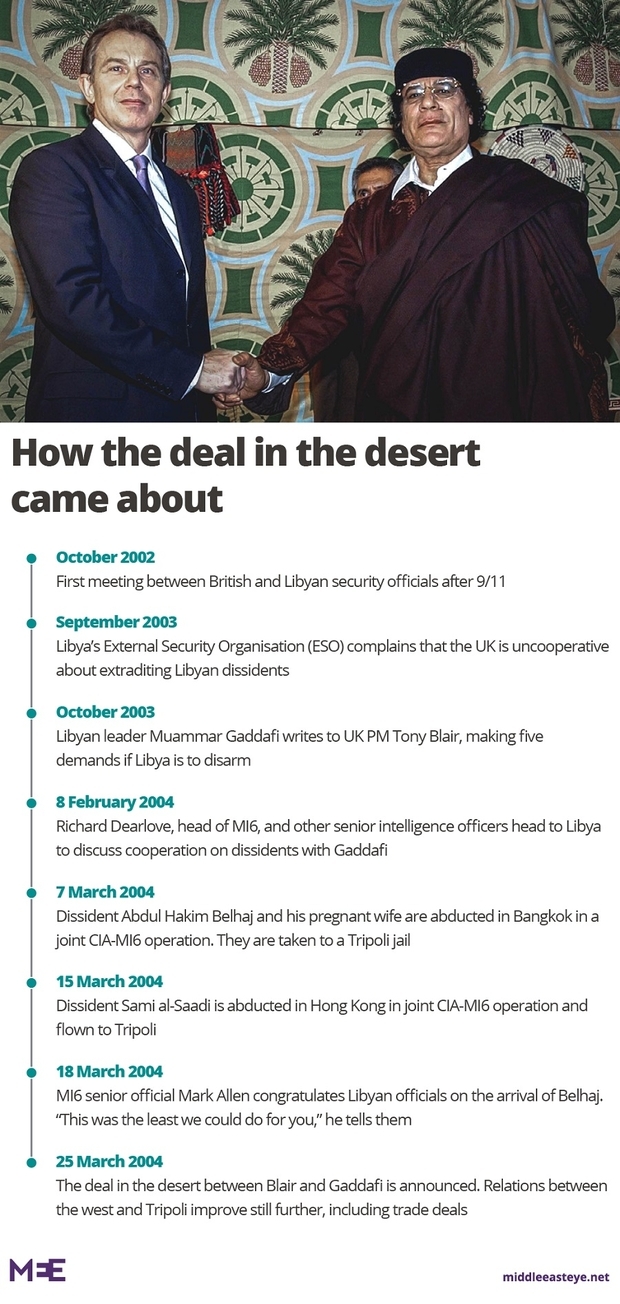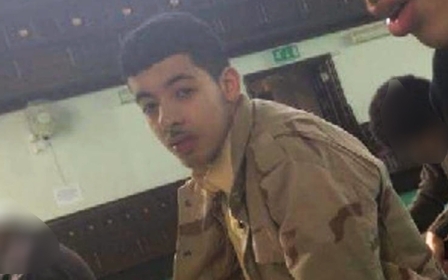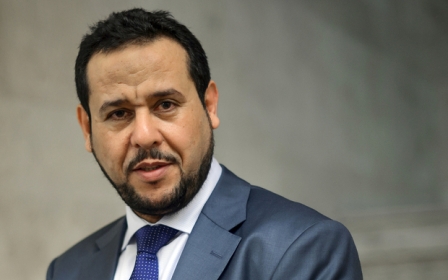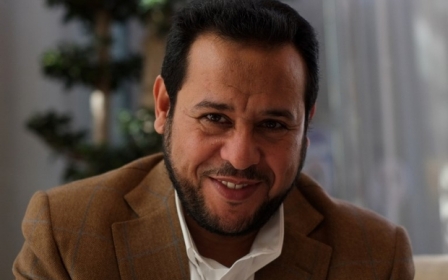Belhaj case: UK ordered to hand over file on Libyan torture
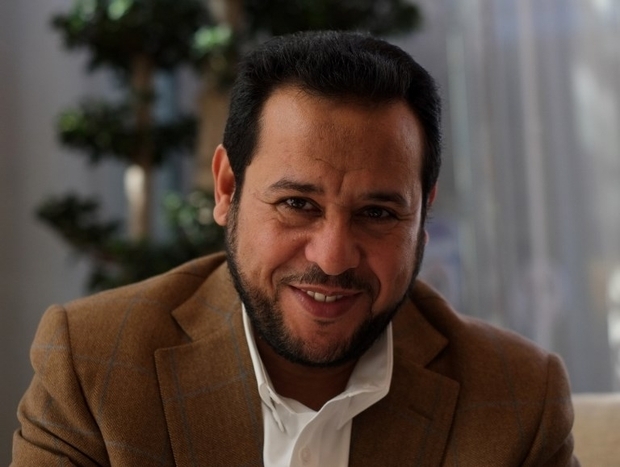
LONDON - The British government has been ordered to hand over a top secret Metropolitan Police file that recommended charges against a senior MI6 officer for his role in the alleged illegal rendition and torture of opponents of former Libyan leader Muammar Gaddafi.
The High Court in London made the order on Thursday after lawyers for torture victims, including Libyan dissident Abdel Hakim Belhaj and his wife Fatima Boudchar, challenged a decision not to release a 400-page report which called for Sir Mark Allen of MI6 to be charged with misconduct in private office.
Government lawyers have been resisting its release in the ongoing legal claim by Belhaj and his wife who claim there were unlawfully “rendered” from Thailand to Libya in March 2004.
Their lawyers say the couple allege they were “seized in a joint MI6-CIA-Libya operation, tortured at a US prison in Bangkok, and ‘rendered’ to Gaddafi’s Libya”. Fatima was pregnant at the time.
The couple are challenging a decision by the Director of Public Prosecutions (DPP) not to prosecute Allen over his alleged role in the rendition. The DPP concluded there was insufficient evidence against him.
The 400-page report, which was produced after a more than four-year investigation known as "Operation Lydd", recommended that Allen be charged. The decision not to charge Allen is subject to a separate legal challenge by Belhaj and his wife.
Cori Crider, lawyer for the couple at Reprieve, said: “Piece by piece the government’s attempt to withhold evidence is crumbling.
"Ministers have fought for years to deny Abdul-Hakim and Fatima justice by using every legal trick in the book. This thorough police report will be important evidence of MI6’s involvement in illegal torture and rendition. One wonders how long the government will continue to defend the indefensible in this case.”
Alongside the report, which the government has just two weeks to hand over to Crider and her team, the government has also been ordered to hand over evidence given by 75 witnesses, mostly other government officials interviewed by the police, Crider said.
A string of court challenges related to Belhaj’s alleged rendition has shed fresh light on the global extent of MI6’s cooperation with Gaddafi, as well as former prime minister Tony Blair’s role in negotiating the alliance with the late Libyan leader.
Libyan files show that the then head of MI6, Sir Richard Dearlove, flew to Tripoli in 2004 to discuss how to conduct a joint campaign against exiled Libyan militants, some of whom had links to Al-Qaeda.
The material sheds fresh light on the clandestine collaboration between the UK intelligence services and Gaddafi’s government in planning the kidnapping of members of the al-Qaeda linked Libyan Islamic Fighting Group (LIFG) and their forcible return to Tripoli.
Documents show that Belhaj, then a senior member of the LIFG, was allegedly detained in Bangkok three weeks after an MI6 delegation visited Tripoli in February 2004.
Minutes from the meeting show that MI6 and Libyan security officials agreed that they would share information on “dangerous elements”.
Belhaj was held in one of Gaddafi’s prisons for six years and says he was repeatedly tortured.
LIFG members have said they broke ties with Al-Qaeda in 2010 and the group was reportedly disbanded shortly afterwards.
The Home Office still lists LIFG as a terrorist organisation.
The Foreign Office did not respond to a request for comment.
New MEE newsletter: Jerusalem Dispatch
Sign up to get the latest insights and analysis on Israel-Palestine, alongside Turkey Unpacked and other MEE newsletters
Middle East Eye delivers independent and unrivalled coverage and analysis of the Middle East, North Africa and beyond. To learn more about republishing this content and the associated fees, please fill out this form. More about MEE can be found here.


